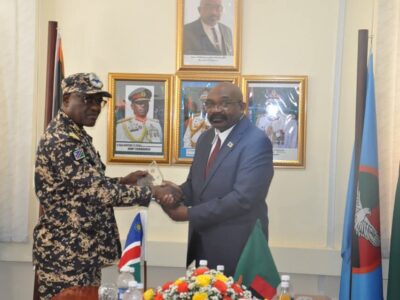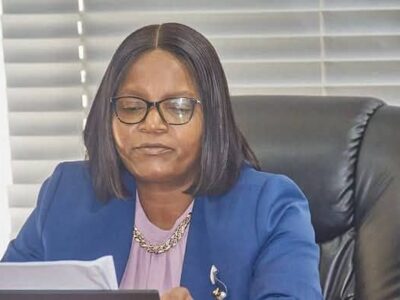Oxfam, in its new analysis shows that many battery metal miners do not have the necessary policies to respect the rights of the communities impacted by their activities, especially indigenous communities.
The analysis released last week dubbed Recharging Community Consent, Oxfam indicated that the battery mining sector’s approach to Free, Prior, and Informed Consent (FPIC) was not yet ready to support a just energy transition.
The report analysed the policies of 43 mining companies on several intersecting issues related to human rights due diligence, gender justice, and the protection of human rights defenders in the mining sector.
Read more: Zambia, three others to sign EV battery precursor Special Economic Zones agreement
“While more than half of the companies surveyed have policy commitments to respect the rights of indigenous peoples, only 13 companies make explicit reference to FPIC, and almost all of those commitments to FPIC are qualified with language such as “seek to achieve” or “aim to achieve,” leaving open the possibility that if consent is not provided, they will simply move ahead with their projects regardless.
“Only two companies have clear and unequivocal public commitments to respect FPIC,” according to the report.
Oxfam Policy Lead, Human Rights and Extractives, Scott Sellwood, said rechargeable batteries could unlock a much-needed energy transformation, helping electrify trucks, cars, and trains and providing storage renewable energies.
Sellwood however said: “But we must learn from the mistakes of the past and ensure the risks and dangers of impacted communities where mining occurs are fully considered and done with their consent.
“In our collective pursuit for a more just energy transition, mining companies must break free from a history of violence and abuse that has undermined Indigenous communities,” he said.
Today’s rechargeable batteries required minerals like lithium, cobalt, nickel, graphite, and copper, among others.
WARNING! All rights reserved. This material, and other digital content on this website, may not be reproduced, published, broadcast, rewritten or redistributed in whole or in part without prior express permission from ZAMBIA MONITOR.












Comments